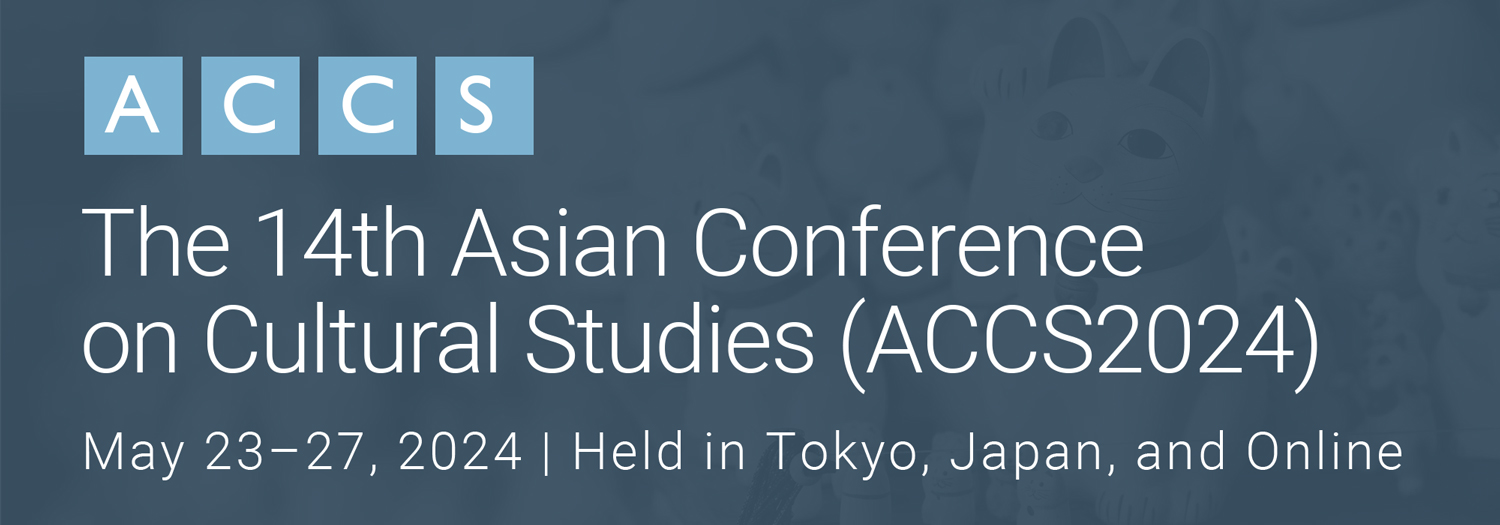Autoethnography of a Female Researcher: My Reflections on a Research Journey of Interacting with Police Officers from Different Cultural Backgrounds (81263)
Session: On Demand
Room: Virtual Poster Presentation
Presentation Type: Virtual Poster Presentation
Research contexts pose different challenges during research processes, especially when interacting with police participants from different cultural backgrounds, as such may affect the credibility of study findings. Documenting research that encourages cultural understanding, incites dialogue and awareness, and informs social change of self and others is crucial. Reflection on my experience as a female Sepedi-speaking researcher when conducting a PhD qualitative, grounded theory study with male and female South African Police Service officers from the Venda and Tsonga cultural backgrounds and my journey of navigating cultural challenges and devising solutions is presented. A reflexive autoethnographic research design was used to analyze, reflect on, and document my experiences that required cultural immersion. I purposively looked at myself as the subject of inquiry and analyzed my reflexive journal and field notes using introspection and cultural analysis to document my daily experiences on the journey. The results show the researcher-participant ambivalences I encountered when engaging with the participants. These further reveal various directed/reflective research actions that I adopted during the research process to navigate the influence of participants’ ethnic cultures and police cultures. The results have implications for rigorous and ethical research practice regarding researcher acquaintances with participants’ culture(s), including police shared culture; contextual understanding of the culture(s); importance of displaying cultural sensitivity; and affording participants proper respect while thriving in the research process as a researcher. This adds to knowledge concerning research training and practice among postgraduate students and emerging researchers, especially in the era of acknowledging indigenous knowledge systems and decoloniality.
Authors:
Masefako Gumani, University of South Africa, South Africa
About the Presenter(s)
Professor Masefako Gumani is a University Associate Professor/Senior Lecturer at University of South Africa in South Africa
See this presentation on the full schedule – On Demand Schedule
The Virtual Poster Presentation PDF is not currently available.





Comments
Powered by WP LinkPress